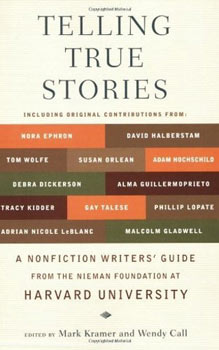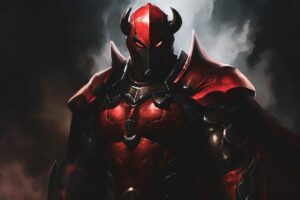
Unveiling Dark Whispers: The Haunting Truth of “I Am An Old Scratch”
Ever find yourself tangled in the wilderness of a mind that’s part enigma, part restless…
Unlock the Dark Secrets Behind Creating Villains Readers Can’t Forget in Just Five Steps
Ever wonder why some villains haunt us long after we close a book, while others…
Unveiling the Secrets of Mother Ocean: A Poetic Journey by Robert Zumbrun
Ever wonder how a poem could mimic the wild tangents in your brain, all while…
Unlock Secret Writing Promotion Hacks Shy Writers Swear By!
Ever wonder if it’s possible to promote your writing without turning into the loudest voice…
Can You Crack This Week’s WritersWeekly Trivia Challenge? Test Your Knowledge Now!
Ever wonder why some contests just grab your attention while others fade into the background?…
Unlock Hidden Remote Writing Opportunities You Won’t Find Anywhere Else – July 10, 2025 Edition
Ever wondered if you could craft a compelling short story, not in days or weeks,…
Unveiling the Hidden Truth: The Spellbinding Secret Within G. S. Katz’s Poem
Isn't it fascinating how a few words can ignite a wildfire of passion, setting our…
Exposing the Dark Secrets: Shocking Confessions from Publishing Scam Victims in Episode 14
Ever wonder how some writers effortlessly turn their passion into a thriving career while others…
Unlock Hidden Cash: 10 Surprising Humor Markets That Pay Writers Handsomely
Ever wonder if your knack for wit and quirky humor could actually turn a profit…
The Shocking Truth Behind Sharing My Book Title With a Stranger Revealed!
Ever found yourself clutching the “perfect” book title — that gleaming nugget of genius you…








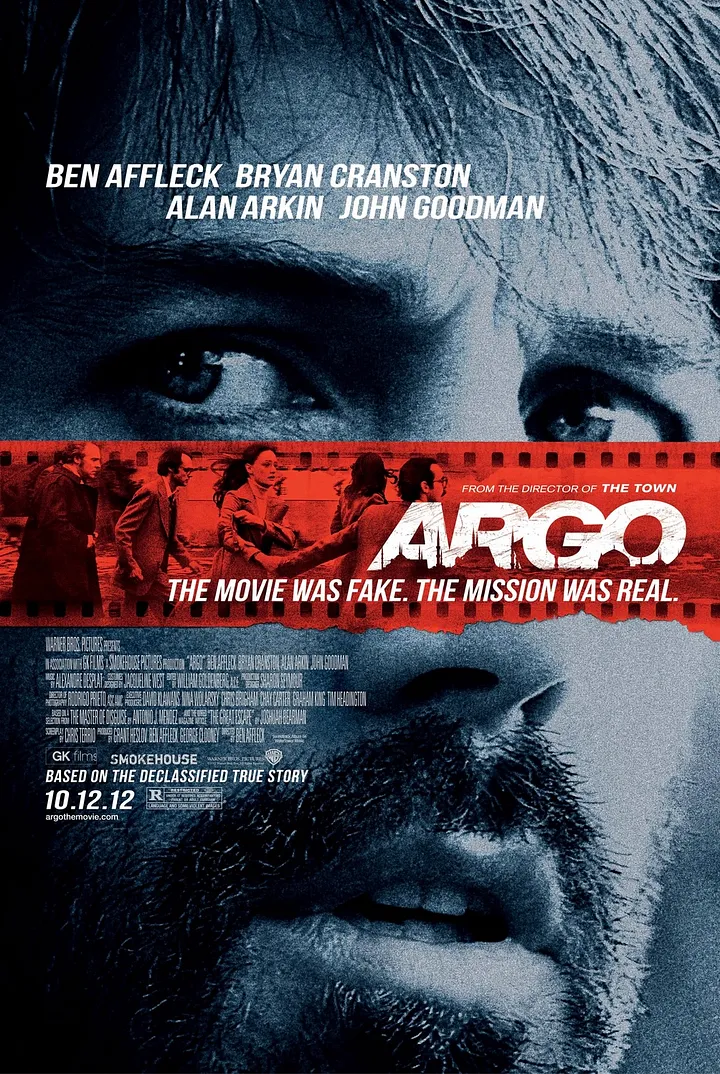
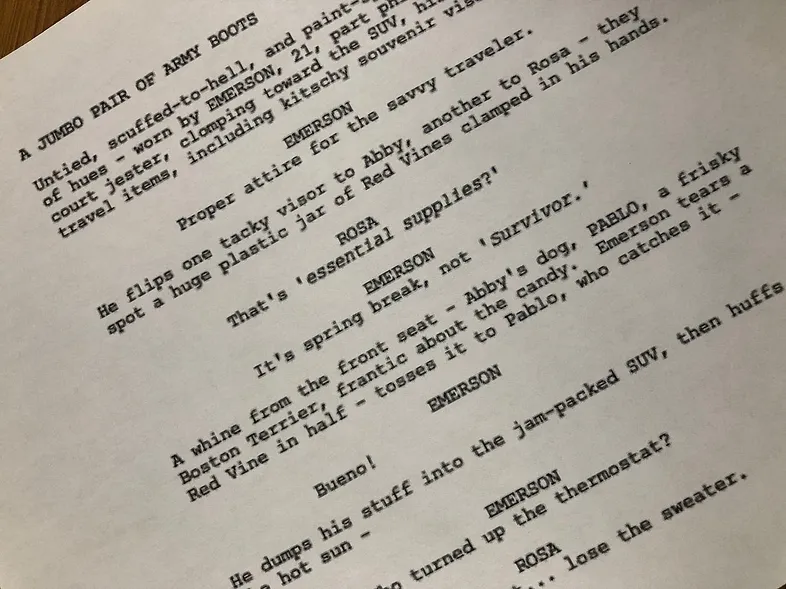

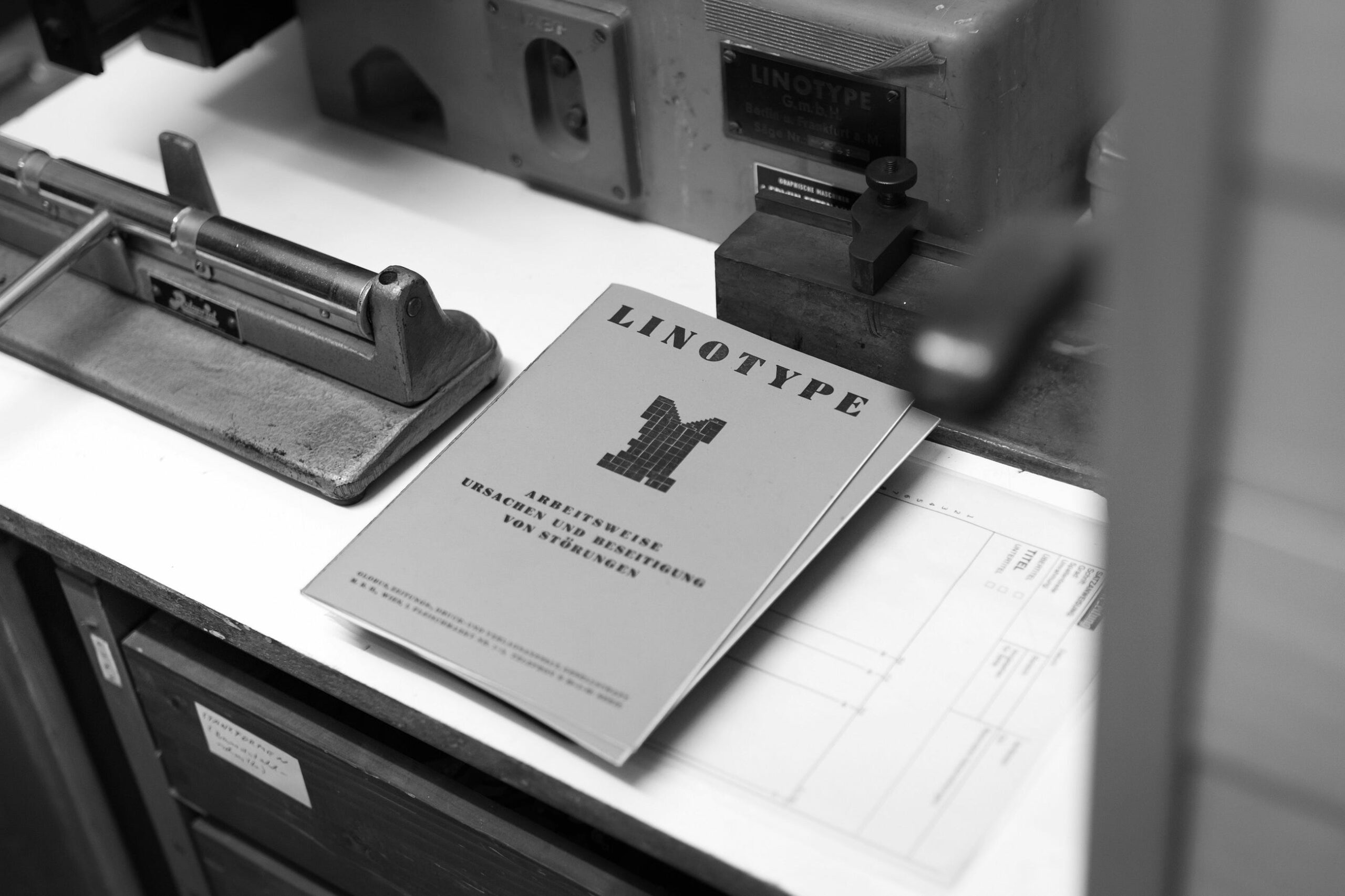


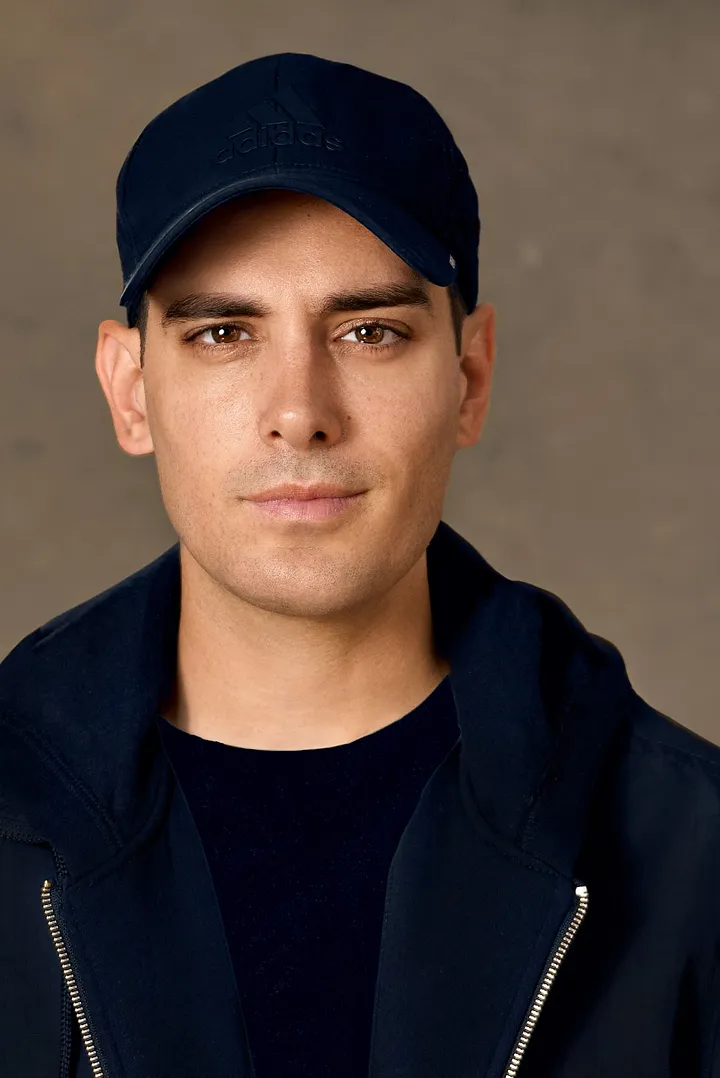
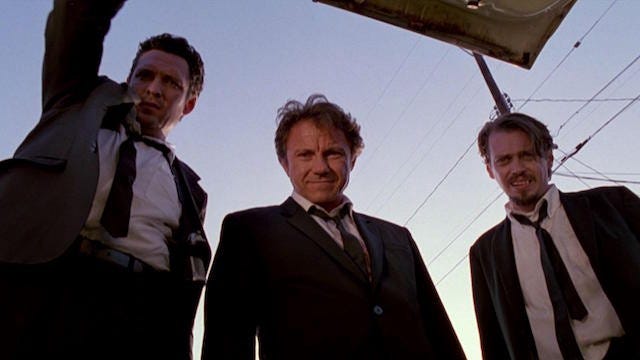

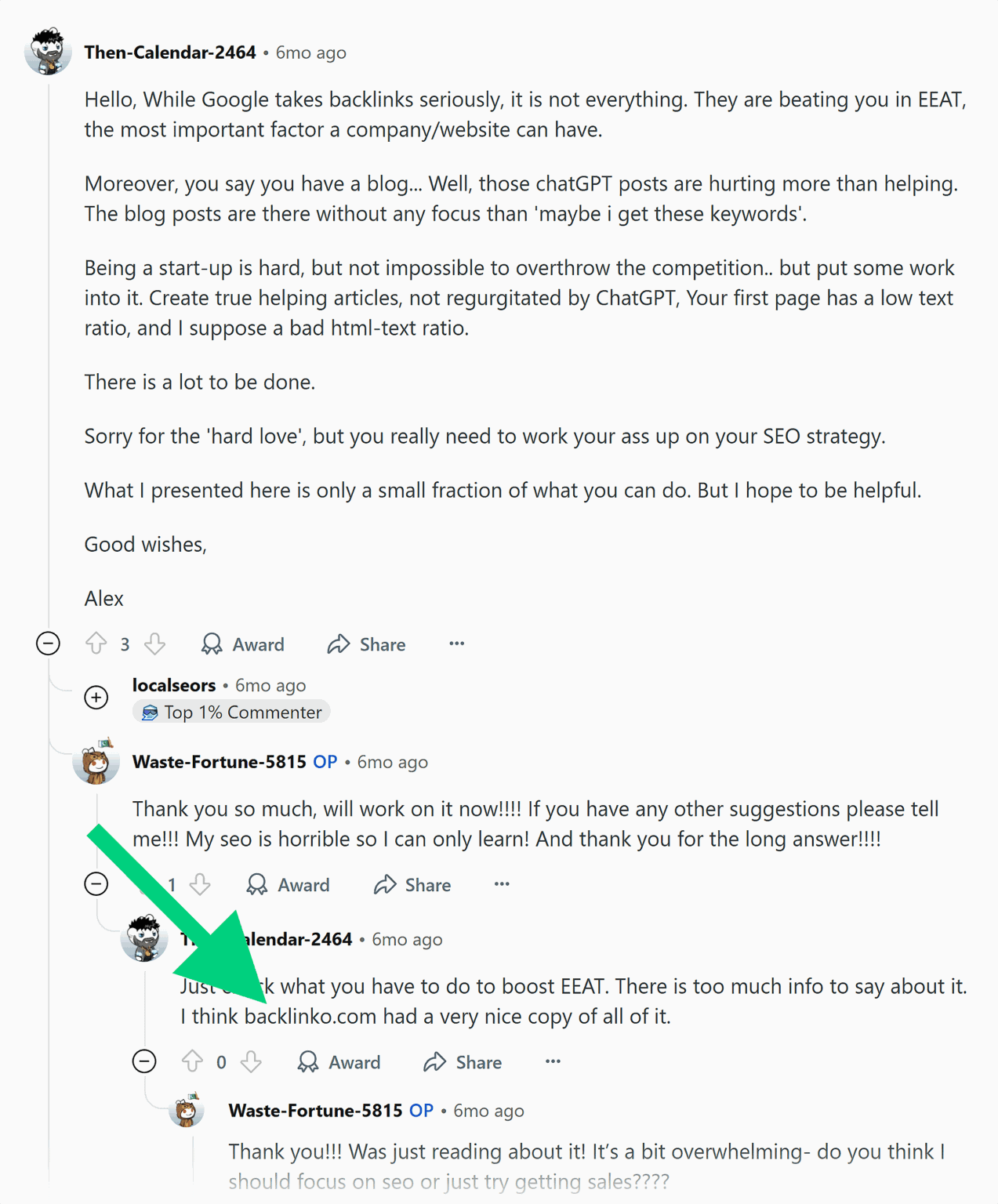

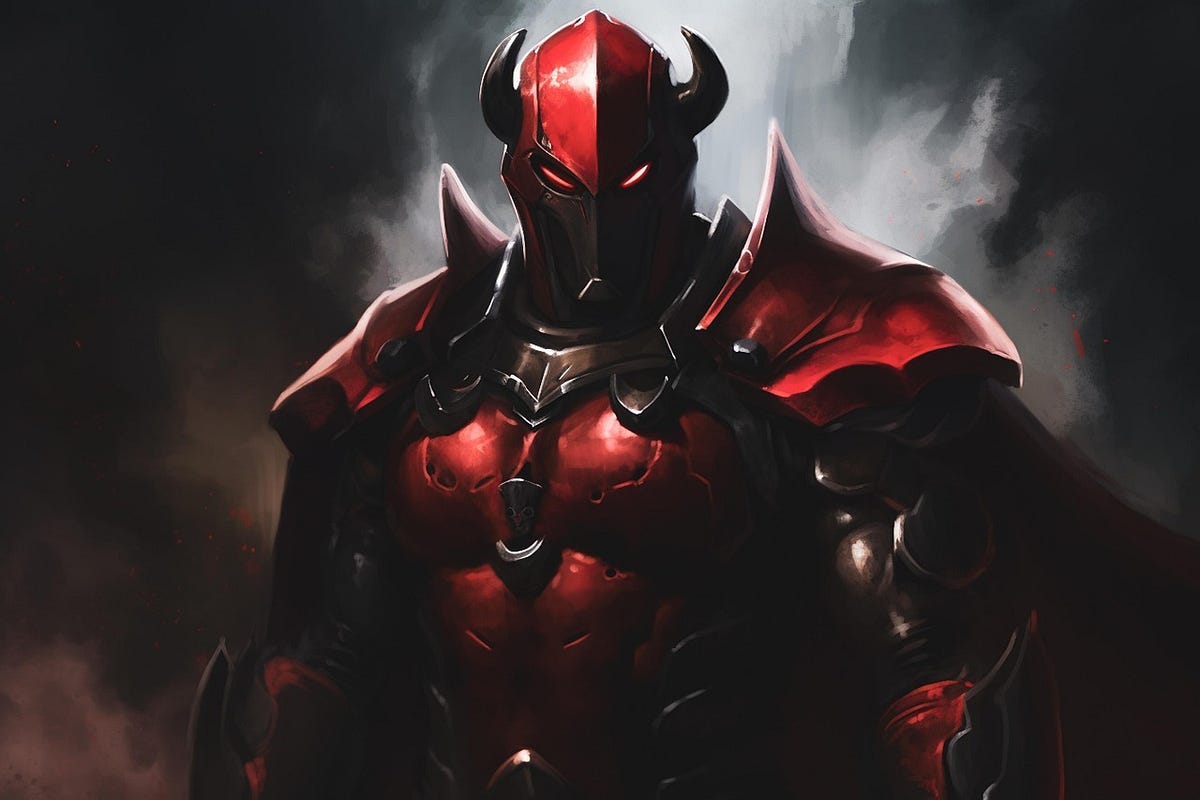




![Unlock Hidden Ecommerce Profits: Master SEO Audits in 4 Simple Stages [+ Free Workbook]](https://writersdepot.org/wp-content/uploads/2025/07/unlock-hidden-ecommerce-profits-master-seo-audits-in-4-simple-stages-free-workbook.png)

